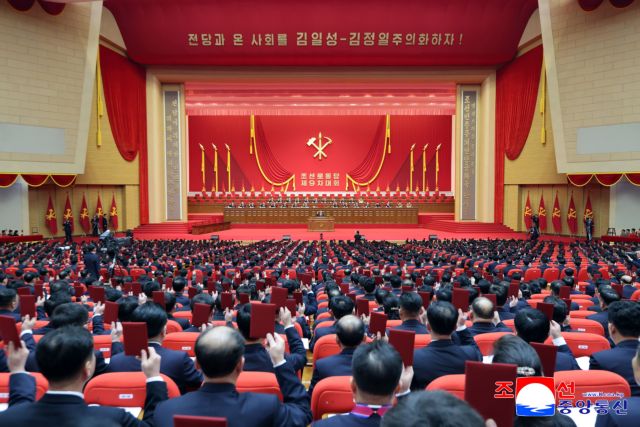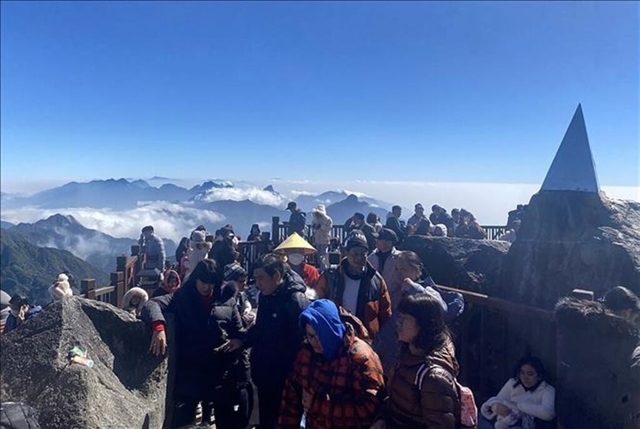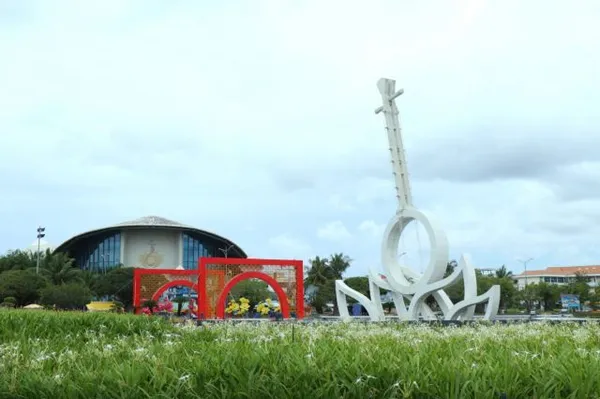 Life & Style
Life & Style

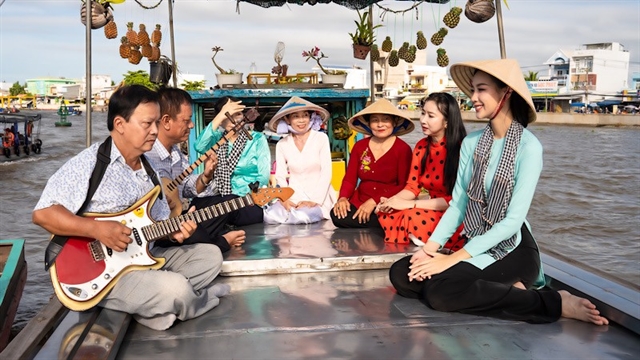 |
| SOUTHERN CULTURE: Đàn ca tài tử is a traditional music form of the South and was recognised as an Intangible Cultural Heritage of Humanity by UNESCO in 2013. Photo courtesy of HCM CityTelevision |
HCM CITY Hồ Chí Minh City Television has organised a special cultural programme to support đàn ca tài tử -- music of talented amateurs, who sing and play the 100-year-old traditional chamber music genre originated in southern Việt Nam.
The programme aims to promote the music and both professional and amateur artists from đàn ca tài tử clubs in the city.
It includes forums and talks by cultural researchers, singers and musicians who share their knowledge on đàn ca tài tử and vọng cổ (nostalgic tunes) music, the latter being a traditional art form used in cải lương (reformed opera).
Live performances and TV shows will also featured.
Members from đàn ca tài tử clubs of Bình Thạnh District and the districts of 6, 8 and 12 will participate in the events.
The artists will perform solo and in groups. They will sing and use Vietnamese traditional musical instruments such as đàn bầu (monochord zither), đàn kìm (two-stringed guitar), đàn cò (vertical violin with two strings) and đàn tranh (zither).
“We hope to bring đàn ca tài tử closer to young people to boost their love for the country through traditional arts,” said Meritorious Artist Hoàng Tấn of Tài Tử Club of District 3.
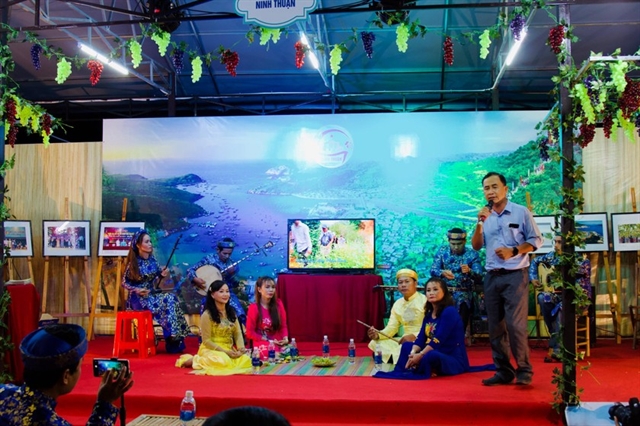 |
| SUPPORTING TÀI TỬ: HCM City Television will organise traditional music competitions and festivals to support local clubs of đàn ca tài tử, a 100-year-old traditional chamber music genre that originated in southern Việt Nam. Photo courtesy of HCM City Television |
HCM City has 384 đàn ca tài tử clubs attracting more than 1,220 members, many of whom are professional artists from art schools and theatres in the city.
These clubs offer training courses on folk singing and đàn ca tài tử music for several thousand children and students, so that the youth can learn and understand more about the art.
Đàn ca tài tử is often performed at festivals and on special occasions like weddings and death anniversaries in the Mekong Delta provinces of Cần Thơ, Vĩnh Long, Bạc Liêu and Cà Mau.
Dạ Cổ Hoài Lang (Night Drumbeats for an Absent Husband) is a popular tài tử song written in 1919 by well-known composer Cao Văn Lầu, a native of Bạc Liêu.
The song tells of the love, anguish and pride of a young woman watching her husband fight for the country.
Đàn ca tài tử was recognised as an Intangible Cultural Heritage of Humanity by UNESCO in 2013.
In recent years, the city has launched many contests, festivals and live shows of đàn ca tài tử targeting tourists. Visitors can meet with artists, and learn how to play and sing after every show. VNS

